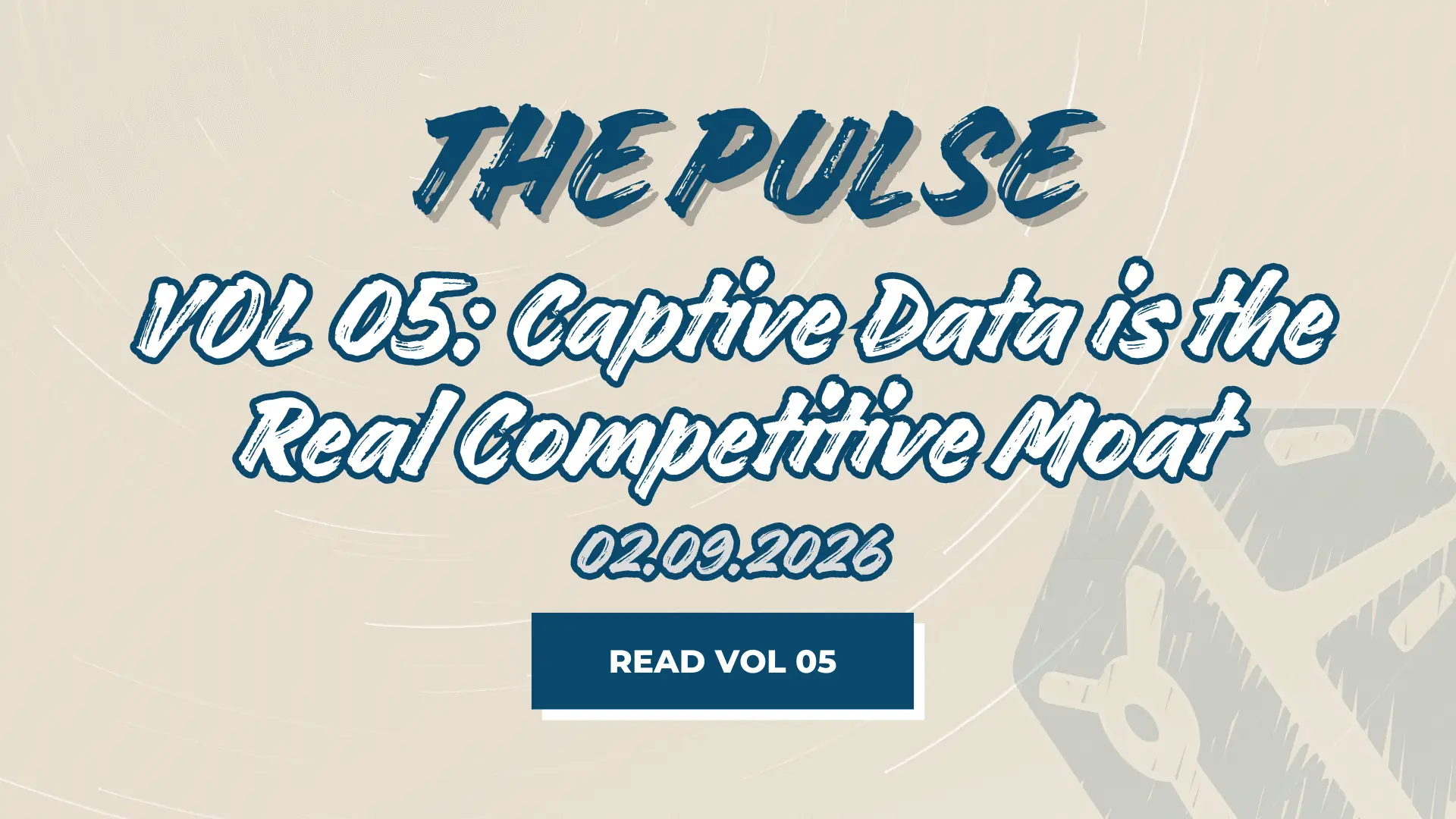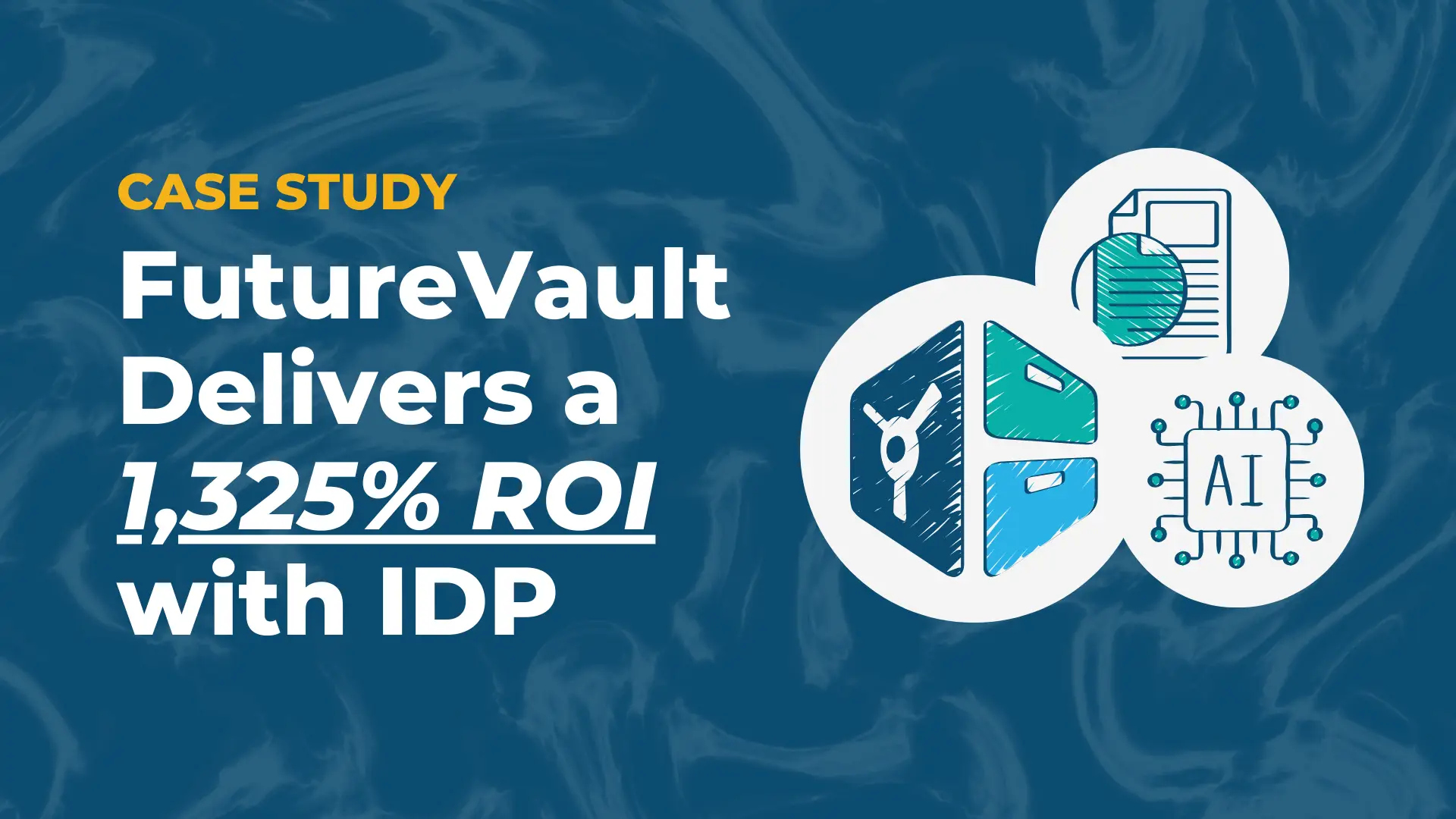The Securities and Exchange Commission (SEC) plays a very critical role in ensuring the integrity and transparency of the securities market. One regulation provisioned, maintained, and monitored by the SEC is SEC Rule 17a4, commonly referred to as ’17a-4′.
Rule 17a-4 establishes specific requirements for recordkeeping and retention by brokerage firms and other financial institutions. In this article, we’ll provide a comprehensive overview of SEC Rule 17a-4 requirements, outlining its significance, key provisions, and compliance obligations, along with how technology like FutureVault is proactively helping institutions and Broker-Dealers confidently meet Rule 17a4 requirements.
Table of Contents
- Introduction to SEC Rule 17a-4
- Importance of SEC Rule 17a-4
- Key Provisions of SEC Rule 17a-4 (a) to (m)
- What is WORM Compliant Storage?
- Compliance Obligations under SEC Rule 17a-4
- Technology Solutions for SEC Rule 17a-4 Compliance
- The Future of SEC Rule 17a-4
- Rule 17a-4 FAQs
1. Introduction to SEC Rule 17a-4
SEC Rule 17a-4, formally known as “Retention of Records Relevant to Audits and Reviews“, was enacted by the SEC to ensure the preservation and accessibility of brokerage firm records. Rule 17a-4 applies to all Broker-Dealers registered with the SEC, including those engaged in securities trading, clearing, and self-regulatory activities. The rule aims to protect investors’ interests, facilitate audits and investigations, and maintain market stability.
2. Importance of SEC Rule 17a-4
SEC Rule 17a-4 is significant for a variety of reasons, importantly, for the two below:
First, Ruel 17a 4 enables regulatory bodies to conduct comprehensive audits and examinations to ensure compliance with federal securities laws. By mandating the retention of records, the SEC can evaluate the accuracy and integrity of financial statements, trade data, and client information, which ultimately serves to improve investor protection.
Secondly, Rule 17a-4 serves as a deterrent against fraudulent activities. The preservation of records provides a reliable source of evidence in case of investigations into potential market manipulations, insider trading, or other unlawful activities. It promotes transparency and accountability within the financial industry, safeguarding the integrity of the market.
3. Key Provisions of SEC Rule 17a-4
SEC Rule 17a-4 imposes specific requirements regarding the preservation and accessibility of records. The rule consists of three key sections (a to c) along with additional supporting sections that outline the obligations for recordkeeping.
Below is an overview and summarization of each section from (a) through to (m).
| Record Retention Periods (Section 240.17a-4(a)) | Under this section, brokerage firms are required to retain certain records for specific periods. These records may include trade confirmations, account statements, purchase and sale documents, and associated communications. The retention periods range from three to six years, depending on the nature of the record. |
| Media and Format Requirements (Section 240.17a-4(b)) | This section of the rule outlines the acceptable media and formats for record storage. Brokerage firms must maintain records in a non-rewriteable, non-erasable format, ensuring that they remain unaltered and tamper-proof throughout the retention period. This requirement aims to prevent unauthorized modifications or deletions that could compromise the accuracy and integrity of the records. |
| Accessibility and Indexing (Section 240.17a-4(c)) | To facilitate efficient retrieval and review, Rule 17a-4 mandates that records be readily accessible. Firms must be able to promptly produce requested records in a legible and organized manner. Moreover, the rule requires firms to create and maintain an index of the records, enabling quick identification and retrieval. |
| Verification of Records (Section 240.17a-4(d)) | This section emphasizes the importance of verifying the accuracy and completeness of records. Brokerage firms are responsible for establishing and maintaining reasonable systems to verify the quality and reliability of their records. |
| Record Preservation (Section 240.17a-4(e)) | Under this section, brokerage firms must take necessary steps to preserve records in a manner that ensures their integrity, durability, and accessibility throughout the required retention period. |
| Write-Once-Read-Many (WORM) Storage Requirement (Section 240.17a-4(f)) | Section 240.17a-4(f) introduces the Write-Once-Read-Many (WORM) storage requirement. It states that certain records, including original books and records required to be preserved, must be stored in a non-rewritable, non-erasable format to prevent alteration or deletion. The WORM storage technology provides an added layer of security and integrity to the preserved records. An official FINRA press release stated that many firms had failed to maintain electronic records in this format when they fined 12 firms over 14 million dollars due to a lack of proper protection from record alterations. A recent amendment provisioned by the SEC states that Digital Audit Trails are an alternative to WORM storage and firms can forego WORM if they demonstrate and invest in audit trail technology. FutureVault provides both WORM + Audit Trail capability providing the most cost-effective and effective solution. |
| Time for Production of Records (Section 240.17a-4(g)) | This section specifies the timeframes within which brokerage firms must produce requested records for audits, investigations, or examinations conducted by regulatory bodies. Firms are expected to comply promptly and provide the requested records in a timely manner. |
| Record Location (Section 240.17a-4(h)) | Section 240.17a-4(h) relates to data and documentation residency and requires brokerage firms to maintain records at a designated location within the United States or have the records readily accessible from such a location. |
| Furnishing Copies of Records (Section 240.17a-4(i)) | Under this section, brokerage firms must be able to furnish legible, true, and complete copies of requested records upon request by the SEC or other designated regulatory bodies. |
| Temporary Substitutes for Original Records (Section 240.17a-4(j)) | In certain circumstances, firms may create temporary substitutes for original records, but they must ensure that these substitutes accurately and completely reproduce the original records. The temporary substitutes should be readily retrievable and must meet the requirements specified by the rulefor their preservation. |
| Indexing (Section 240.17a-4(k)) | Brokerage firms are required to create and maintain an index of their records. The index should provide sufficient detail to allow for quick and easy identification and retrieval of specific records. |
| Record Maintenance (Section 240.17a-4(l)) | This section emphasizes the need for brokerage firms to establish and enforce policies and procedures to ensure the proper maintenance and preservation of records in accordance with SEC Rule 17a-4. |
| Definitions (Section 240.17a-4(m)) | Section 240.17a-4(m) provides definitions for various terms used in SEC Rule 17a-4 to ensure consistent interpretation and application of the rule’s provisions. |
4. What is WORM Compliant Storage?
Section 17a4(f) of SEC Rule 17a4 references and provisions WORM Storage, which stands for ‘Write Once, Read Many’. WORM storage mandates that firms maintain and preserve electronic records exclusively in a non-rewriteable, non-erasable format so that critical documentation cannot be tampered with once created, meaning that data is immutable once stored. Data can be written to the storage a single time, and afterwards, no one can change that data in any way.
5. Compliance Obligations under SEC Rule 17a-4
Compliance with SEC Rule 17a-4 is not optional; it is a legal obligation for brokerage firms. Failure to adhere to the rule’s requirements can result in severe penalties, including fines, suspensions, or even revocation of registration.
To satisfy compliance and meet 17a-4 requirements, firms must implement robust recordkeeping practices and consider adopting a secure digital vault solution to ensure the secure storage and retrieval of records.
6. Technology Solutions for SEC Rule 17a-4 Compliance
Given the growing complexity and volume of data and documentation, technology is increasingly playing a critical role in helping firms meet SEC Rule 17a-4 compliance.
Firms should leverage advanced recordkeeping systems, such as electronic document management platforms and cloud-based storage, to securely store and manage records. These solutions offer features like encryption, access controls, and automated indexing, streamlining the compliance process and reducing the risk of non-compliance.
Digital Vault solutions like FutureVault help institutions and firms confidently meet SEC Rule 17a-4 requirements by providing secure storage, advanced encryption, and user-friendly interfaces that enable organizations to organize, index, access, and retrieve records in accordance with SEC regulations. By leveraging the Vault (FutureVault), firms can streamline compliance efforts and ensure the integrity of their books and records.

7. The Future of SEC Rule 17a-4
As the financial industry continues to evolve, SEC Rule 17a-4 is expected to adapt to emerging technologies and changing market dynamics. The SEC will likely continue to introduce amendments to address challenges posed by digital assets, distributed ledger technologies, and growing cybersecurity risks.
It should go without saying that brokerage firms must stay informed about any updates or amendments to SEC regulations and adjust their compliance practices accordingly. Additionally, partnering with the right technology partner(s) can and will help your firm stay on top of any and all amendments that may consequently impact overall business operations and client engagement activities.
8. FAQs
Q1. What is the purpose of SEC Rule 17a-4?
SEC Rule 17a-4 aims to establish recordkeeping and retention requirements for brokerage firms, enhancing investor protection and facilitating audits and investigations.
Q2. Which firms must comply with SEC Rule 17a-4?
SEC Rule 17a-4 applies to all Broker-Dealers registered with the SEC, including those engaged in securities trading, clearing, and self-regulatory activities.
Q3. What are the consequences of non-compliance with SEC Rule 17a-4?
Non-compliance with SEC Rule 17a-4 can result in penalties, including fines, suspensions, or revocation of registration.
Q4. What technology solutions can help achieve SEC Rule 17a-4 compliance?
Technology solutions such as Digital Vaults, like FutureVault, provide effective means for brokerage firms to achieve SEC Rule 17a-4 compliance. These platforms offer secure storage, advanced encryption, and user-friendly interfaces that assist in organizing and indexing records according to SEC requirements.
Q5. How can brokerage firms ensure ongoing compliance with SEC Rule 17a-4?
Brokerage firms can ensure ongoing compliance with SEC Rule 17a-4 by implementing robust recordkeeping practices, leveraging technology solutions like Digital Vaults, regularly conducting audits, and staying informed about updates or amendments to SEC regulations.





